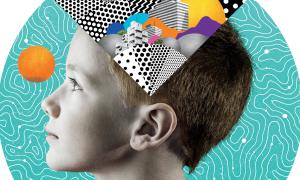2,891 Results
Being Different Is Like a Part-Time Job
#NoDAPL: Teaching the Value of Protest
Bound for Sainthood
Supporting Students From Immigrant Families
After recent news and photographs from El Paso—of asylum-seeking families held in chain-link, barbed-wire pens—your immigrant students may be feeling afraid, and you may feel unsure how to support them. These resources recommend steps you can take inside and outside your classroom to address injustice and insist on the human dignity of all people, no matter where they're born.
- Call to Action: All Children Deserve to Be Free
- This Is Not a Drill
- Toolkit for "Immigrant and Refugee Children: A Guide for Educators and School Support Staff"
Teaching About Voter Suppression and the 2020 Election
Voter suppression is not a thing of the past. It’s essential that students learn to identify it in history—and in this current election cycle. Including insight from Carol Anderson, John Lewis and others, these resources can help you teach about the Voting Rights Act, the historic back-and-forth fight for voting rights, the ways voter suppression manifests today and the ways young people are demanding better of the democratic process.
- Teach This: The Voting Rights Act
- The True History of Voting Rights
- Teach This: Texas Students Fight for Their Right to Vote
Diversifying Classroom Texts

